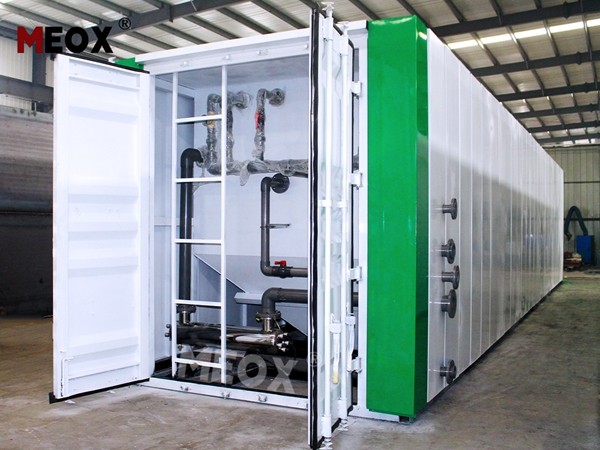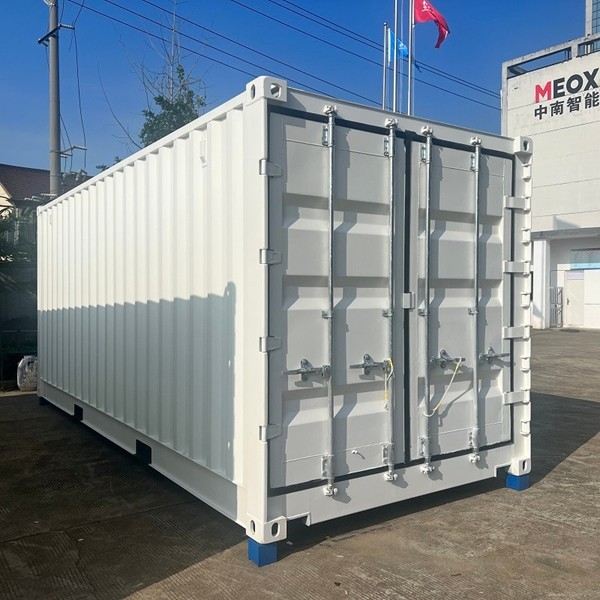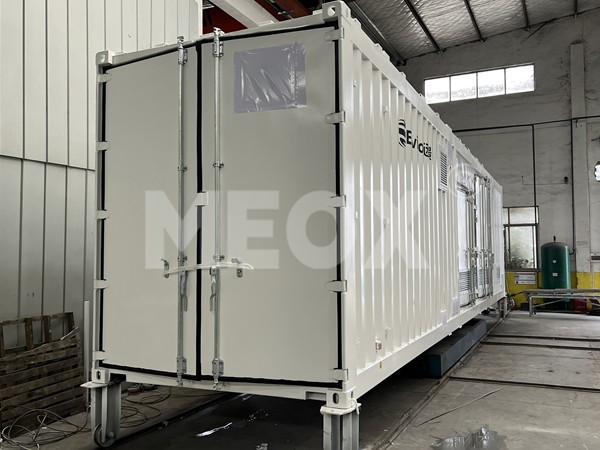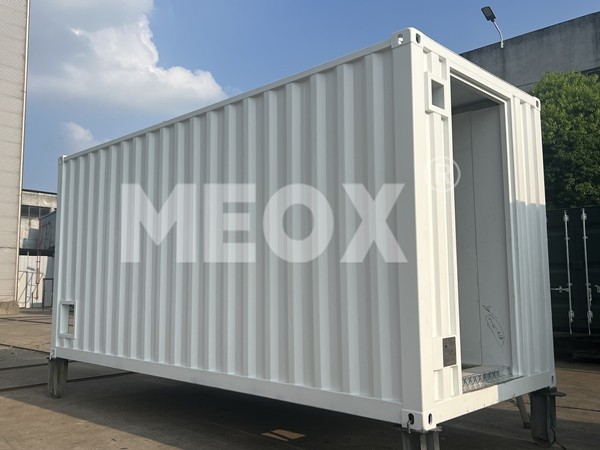The innovative concept of a shipping container hydroponic farm is revolutionizing modern agriculture. Picture a world where farms are not restricted by traditional land and climate constraints, where fresh produce can be cultivated anytime, anywhere. These compact, efficient farms are tightly interwoven with urban development, providing sustainable solutions to food production challenges. As the demand for healthy, locally grown produce continues to rise, shipping container hydroponic farms stand out as a beacon of technological advancement and hope for future sustainability.

Shipping container hydroponic farms leverage the robust structure and portability of containers, transforming them into highly controlled growing environments. These airtight units, equipped with advanced hydroponic systems, create optimal conditions for plant growth. Hydroponics, the technique of growing plants without soil by using mineral nutrient solutions in water, conserves resources and maximizes yield. Unlike traditional farming, which is subject to the whims of weather and seasonal changes, container farming delivers consistent and reliable harvests year-round. This consistency is crucial for sustainable food systems, especially in urban centers facing space and resource constraints.
The journey from a standard shipping container to a thriving hydroponic farm involves several stages, each requiring expertise in engineering, biology, and horticulture. First, the container is retrofitted with insulation and climate control systems to maintain internal temperature and humidity. LED grow lights, mimicking the optimal spectrum of sunlight, allow crops to photosynthesize at maximum efficiency. These LED systems are programmed to simulate day and night cycles, promoting natural plant growth rhythms.

Hydroponic systems within the containers come in various configurations such as nutrient film technique (NFT), deep water culture, and aeroponics, each tailored for different types of produce. The hydroponic nutrient solutions are meticulously formulated to feed the plants with all the necessary vitamins and minerals, ensuring robust plant health and high-quality yields. Water recirculation systems are implemented to minimize waste, making these farms incredibly water-efficient compared to traditional agriculture.
Beyond their technical brilliance, shipping container hydroponic farms yield significant environmental benefits. They drastically reduce the food miles associated with transporting produce, cutting down carbon footprints. By situating these farms in urban settings, near the point of consumption, there is less need for transportation, packaging, and storage. The result? Fresher produce reaching consumers quickly and efficiently.shipping container hydroponic farm
The versatility of container farms also cannot be overstated. They can be stacked vertically, making them ideal for dense urban environments, or set up on rooftops, parking lots, and even unutilized industrial spaces. This adaptability makes them a perfect solution for areas with inhospitable climates or limited agricultural land.
In addition to sustainability and convenience, container hydroponic farms offer educational opportunities and foster community engagement. They serve as living laboratories where students and local residents can learn about agriculture, sustainability, and innovative farming techniques. Many businesses have implemented community-supported agriculture (CSA) programs, further tying these urban farms to the communities they serve.
While the potential of shipping container hydroponic farms is immense, challenges do exist. The initial setup cost can be prohibitive without proper planning and investment. However, as technology advances and economies of scale are realized, costs are expected to decrease, making these farms more accessible to small and medium-sized enterprises. Furthermore, they require skilled personnel to manage the delicate balance of nutrients, water, light, and climate; therefore, investing in training and education is essential to harness the full potential of this technology.
In conclusion, the shipping container hydroponic farm is a testament to human innovation and resilience in the face of global food security challenges. By integrating horticulture with cutting-edge technology, these farms provide a sustainable, efficient, and scalable solution to urban agriculture. As the world moves towards a future where sustainability is paramount, embracing these modular agricultural systems could very well be the cornerstone for ensuring a steady, healthy food supply for generations to come.






